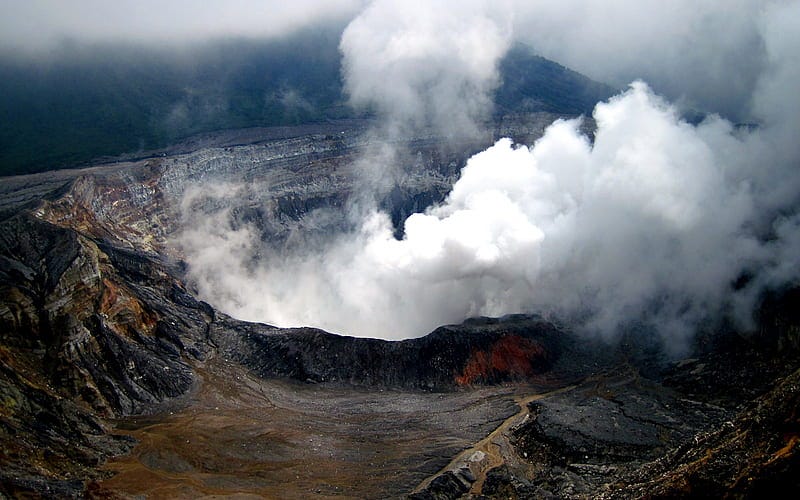Singapore’s Temasek Looks for Answers in FTX Collapse
Deputy prime minister says sovereign fund’s reputation damaged
By: Toh Han Shih
The collapse of FTX, once the world’s third largest crypto exchange worth more than US$30 billion, continues to reverberate in Singapore and the US. Temasek, the Singapore sovereign wealth fund, is conducting an internal review on the failure of its investment in FTX, while in the US, there are calls for further investigations of the col…
Keep reading with a 7-day free trial
Subscribe to Asia Sentinel to keep reading this post and get 7 days of free access to the full post archives.

